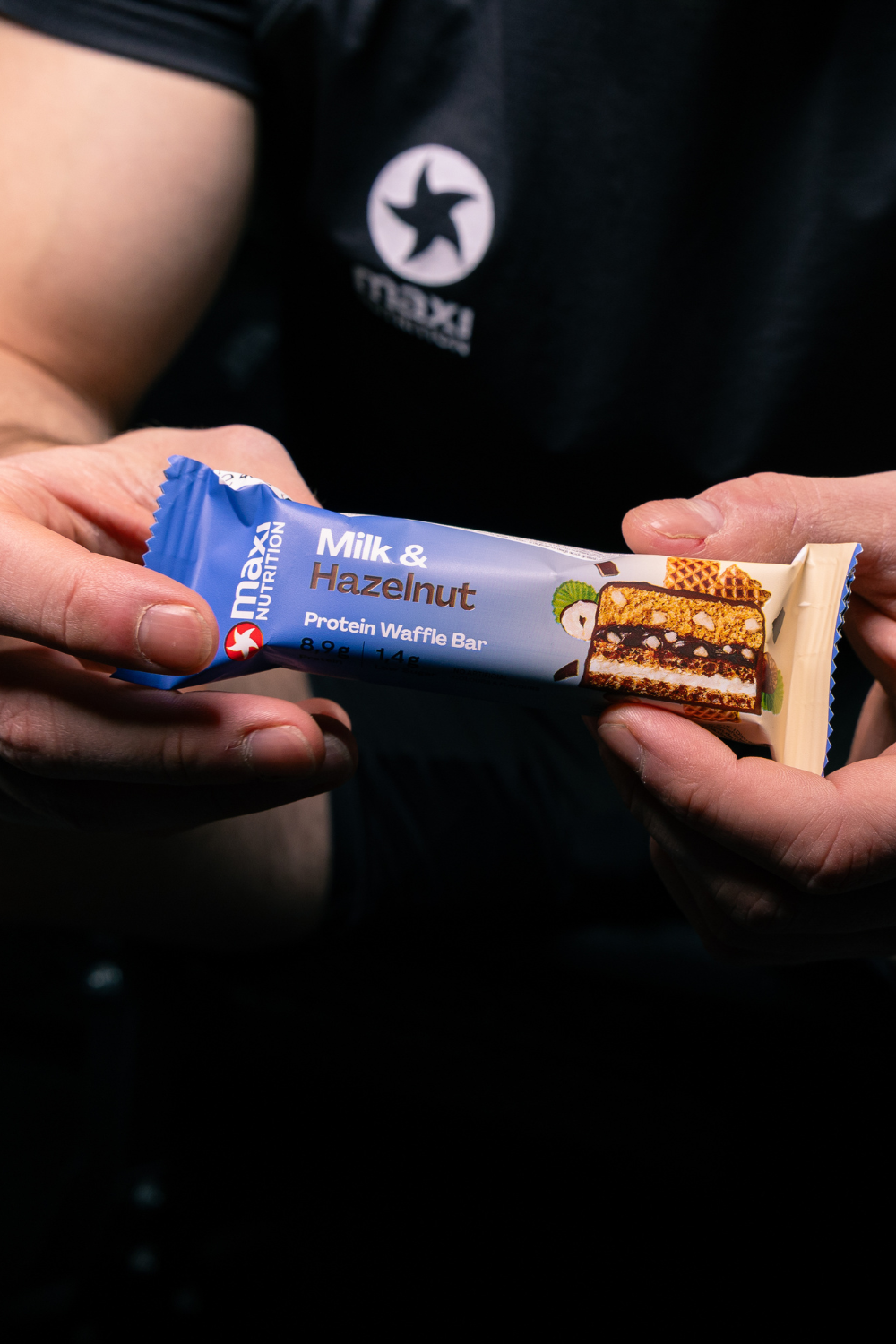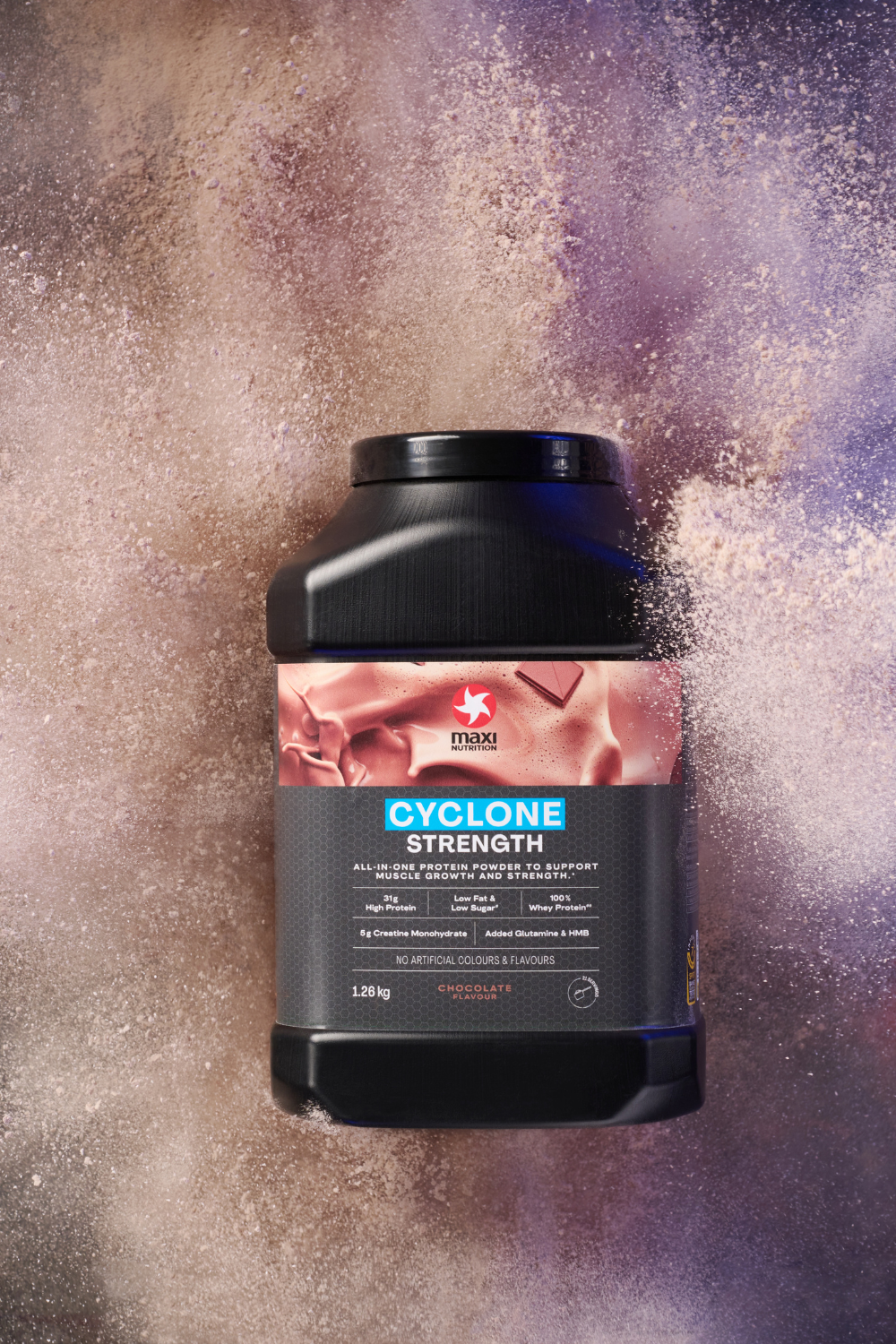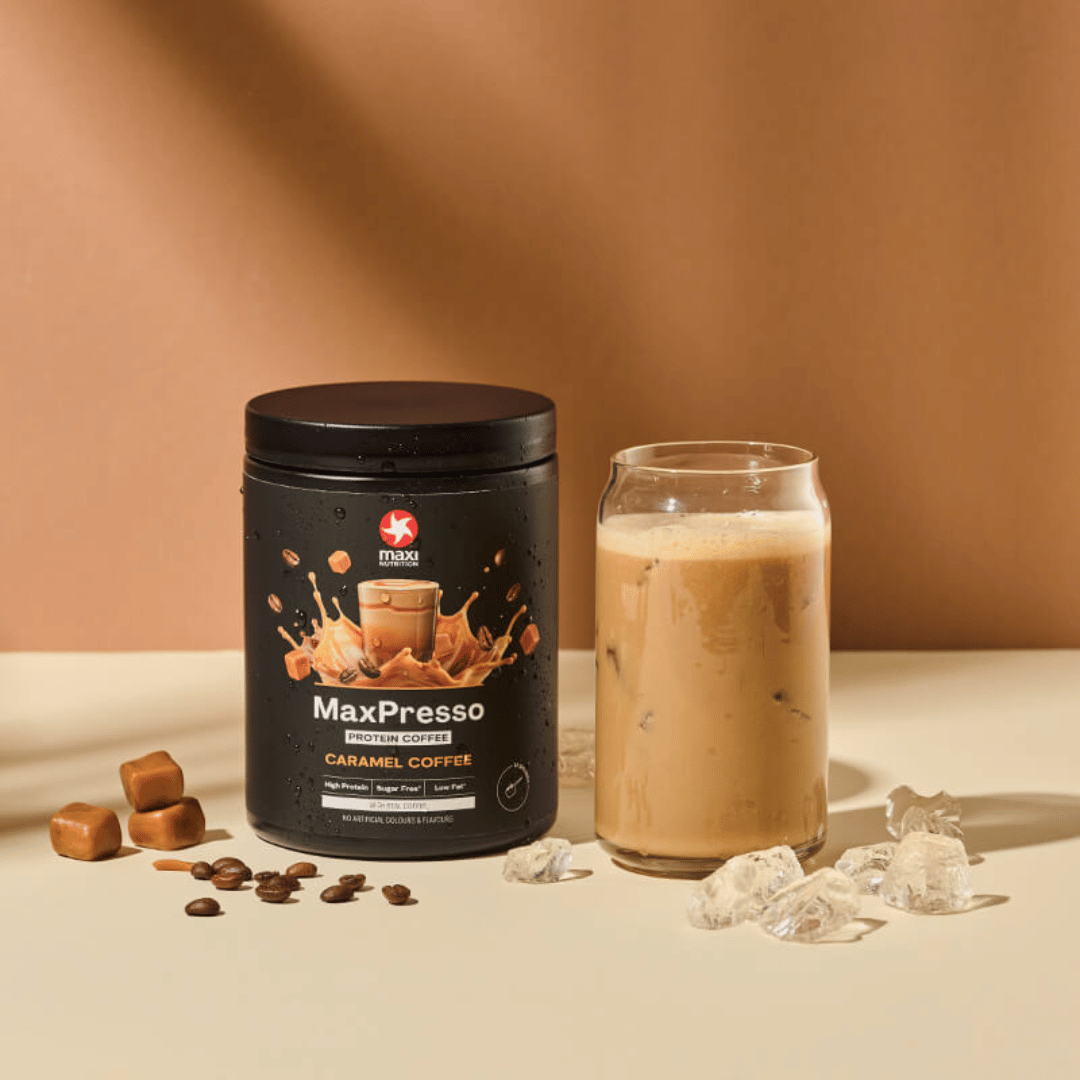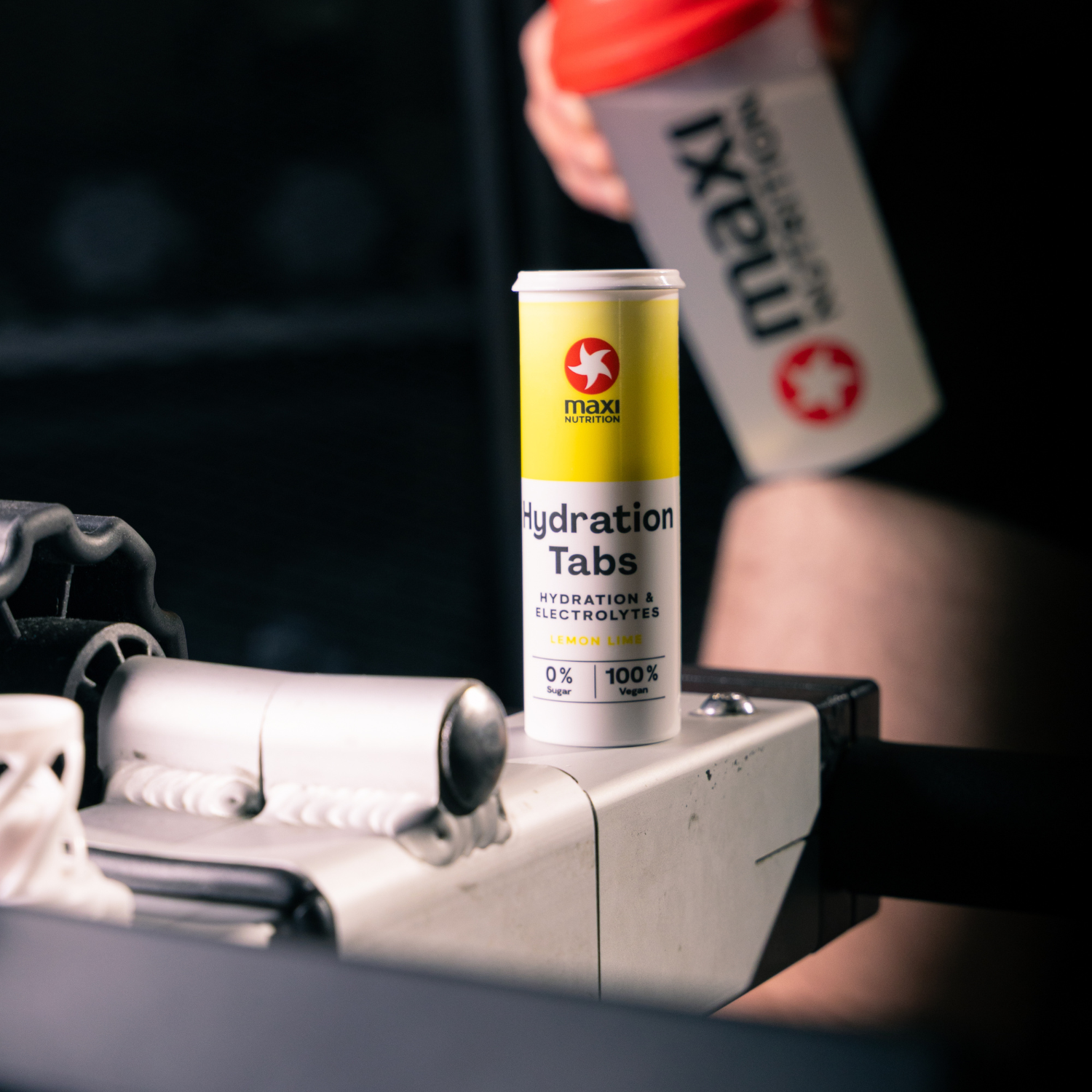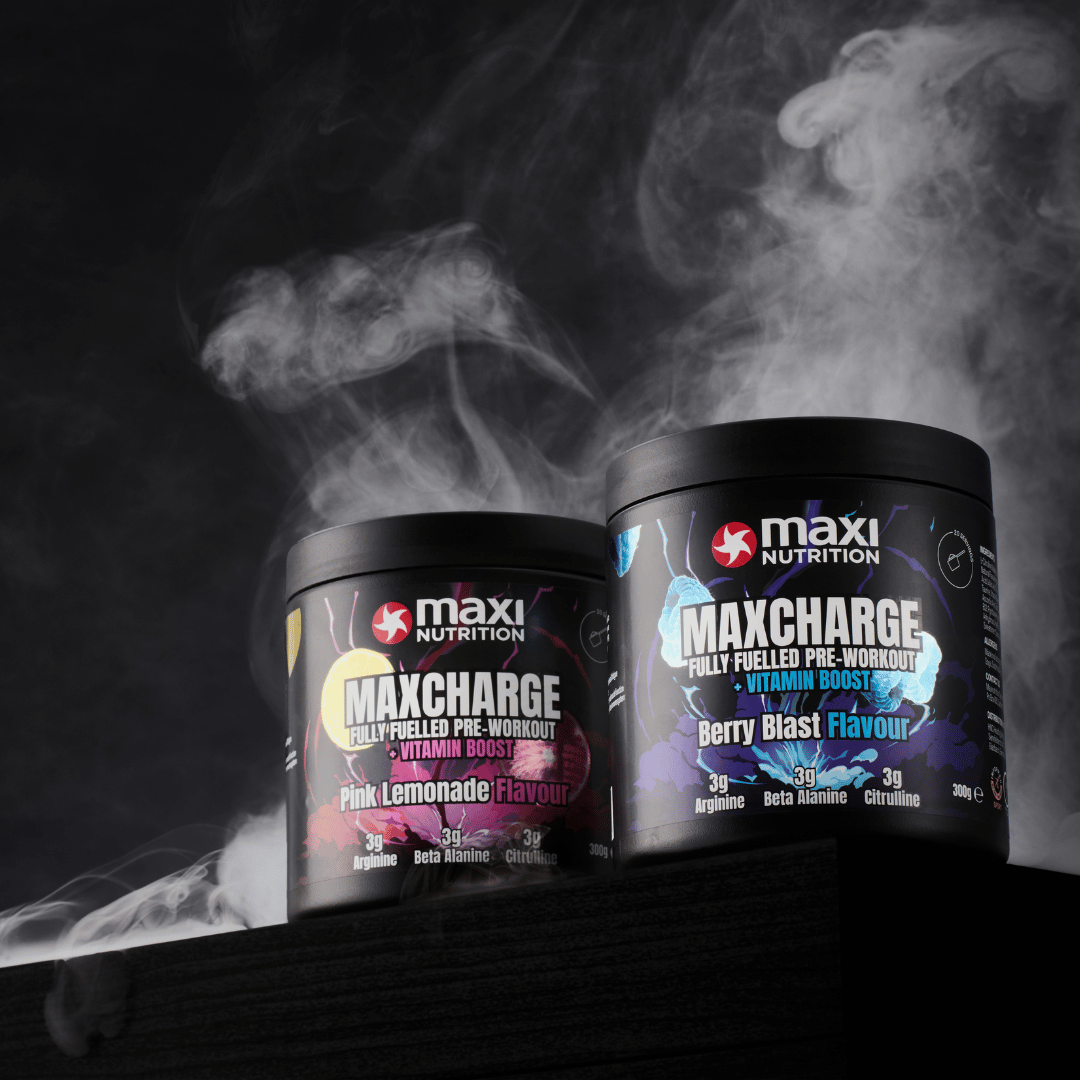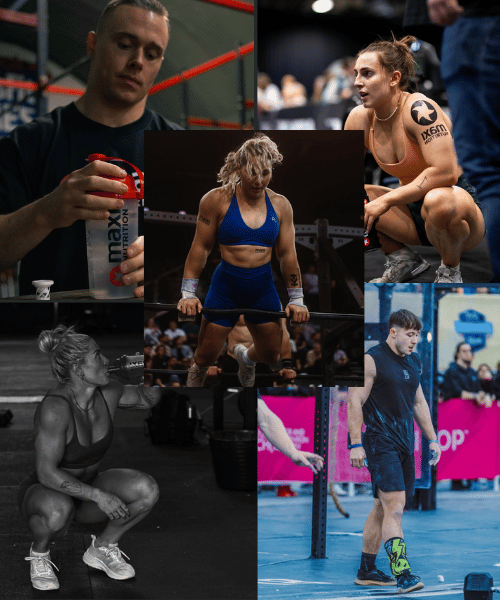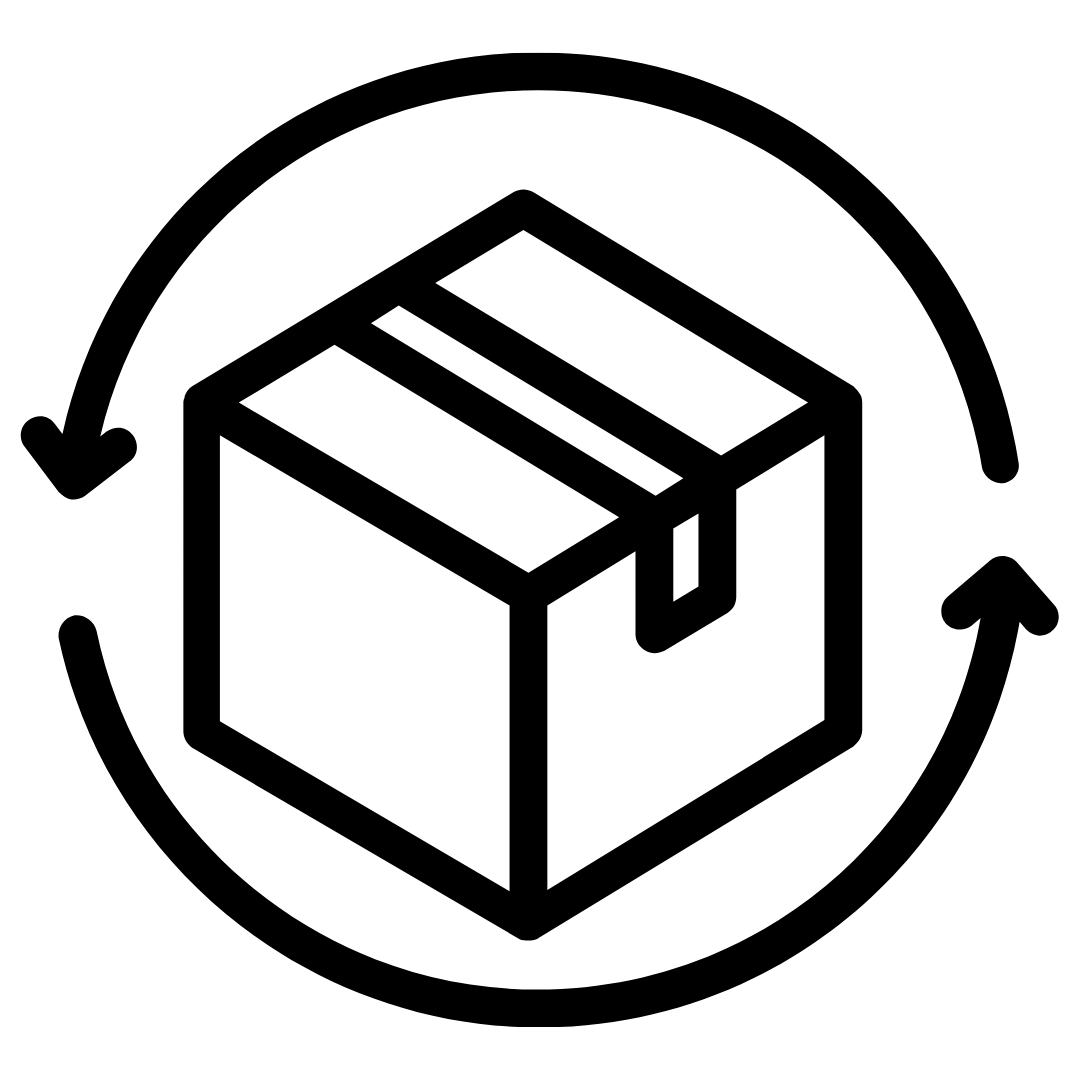What is bouldering?
Bouldering is climbing reduced down to it's purest form - to either individual or sections of a few climbing moves.
It allows a climber to test their body to the absolute limit - to push their strength, power or even technique.
The same concept as climbing stands for bouldering - a boulderer aims to climb from the lowest to the highest hold of a 'boulder problem' in one single continuous go using just their hands and feet, and without touching the ground or using any other equipment to help them get to the top.
Although Individual moves within the problem can be practiced independently until they are perfected, the boulderer must climb the problem 'cleanly' i.e. without falling on any of the moves to get the 'ascent'.
You don't use a rope for bouldering because as you only need to climb up to about 5 to 7 metres high (max), therefore boulder problems tend to be quite short . . . but that doesn't mean they are not difficult!
Bouldering tends to focus on moves where handholds may be particularly small (fingertips or one finger holds are not uncommon), moves between holds may be very long and powerful (up to a full body-length or more) or even boulder problems may be particularly technical or balance dependant.
Bouldering is also a very efficient way to train for longer climbing routes - by linking boulder problems together or climbing them one after another, the benefits can be the same as training long climbing routes but at a higher intensity and you are not restricted by the length of a rope!

Free climbing has allowed Great Britain’s Adrian Baxter to see the world and climb some of the toughest tests ever known. Having made over 25 International appearances for the British Climbing team, he has developed a wealth of experience and understands the fundamental role of sports nutrition in his diet, training and performance.
"Rock climbing is such an amazing sport – it never ever ceases to inspire, scare and frustrate me! It’s a very demanding sport to practice whether you are competing indoors, climbing on rock or ice outside - there are just so many ever changing variables to take into account."
"It is the fact that all of these factors constantly change and that you have to adapt to them quickly that makes climbing so challenging and also so addictive!"
Bouldering Locations
Recovering from Bouldering
- Proper recovery time of at least 48 hours is so essential after a bouldering session as the sport is so intensive on the fingers, forearms and upper body generally.
- Towards the end of my session I take 6 to 8 BCAA capsules immediately after my session I will make up a Promax shake. I can genuinely really feel that I haven't recovered properly the next day if I don't take this shake within half an hour of finishing training.
- Stretching, I aim to stretch every single finger joint, both forearms, arms & shoulders in order to recover properly and reduce the chance of injury occurring in my next session.
- I try to have a deep tissue sports massage every weekend.
The ClimbCoach App
ClimbCoach is a smart-phone training app for climbers and boulderers that makes planning, recording and executing training for climbing as easy as possible so that you can just concentrate on actually physically training to reach your climbing goals as efficiently and effectively as possible.
The creators Adrian Baxter and Steve McClure competed Internationally for Great Britain together for over 5 years. In that time they recognized there was a fundamental need to make planning training & actually training for climbing easier. The many contradictory sources of information out there in so many different mediums, only made training for climbing and bouldering more complicated. What was needed was all this information condensed into one easily accessible & convenient place – the mobile phone, to help climbers and boulderers train more effectively without having to carry note-pads and books down to the climbing gym!
Buy Now


